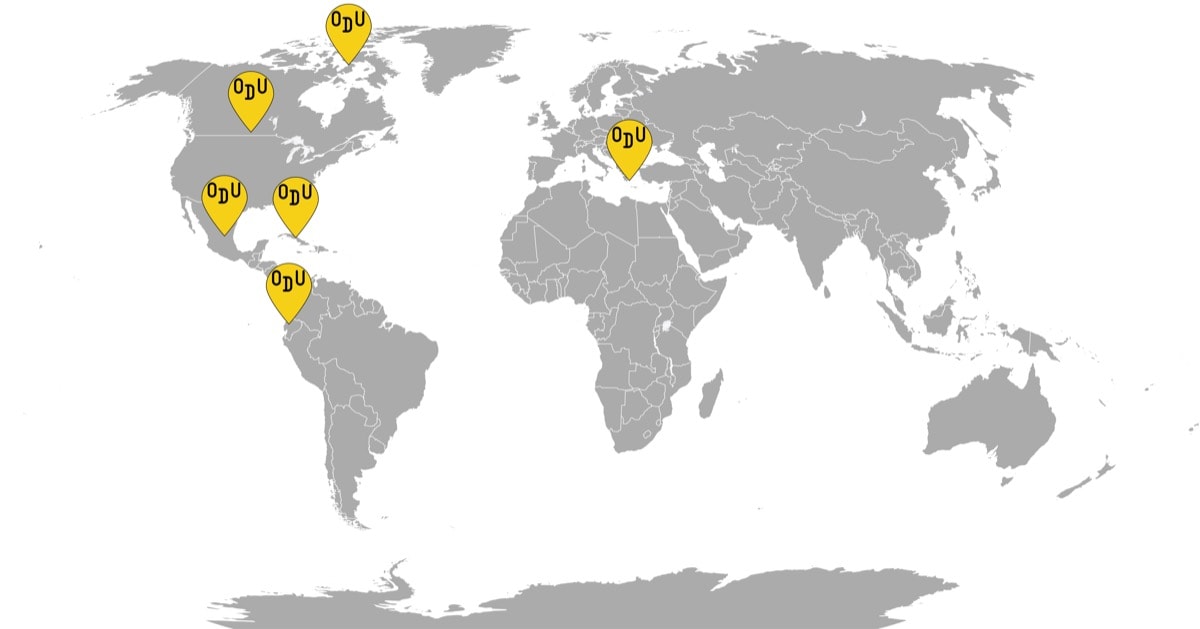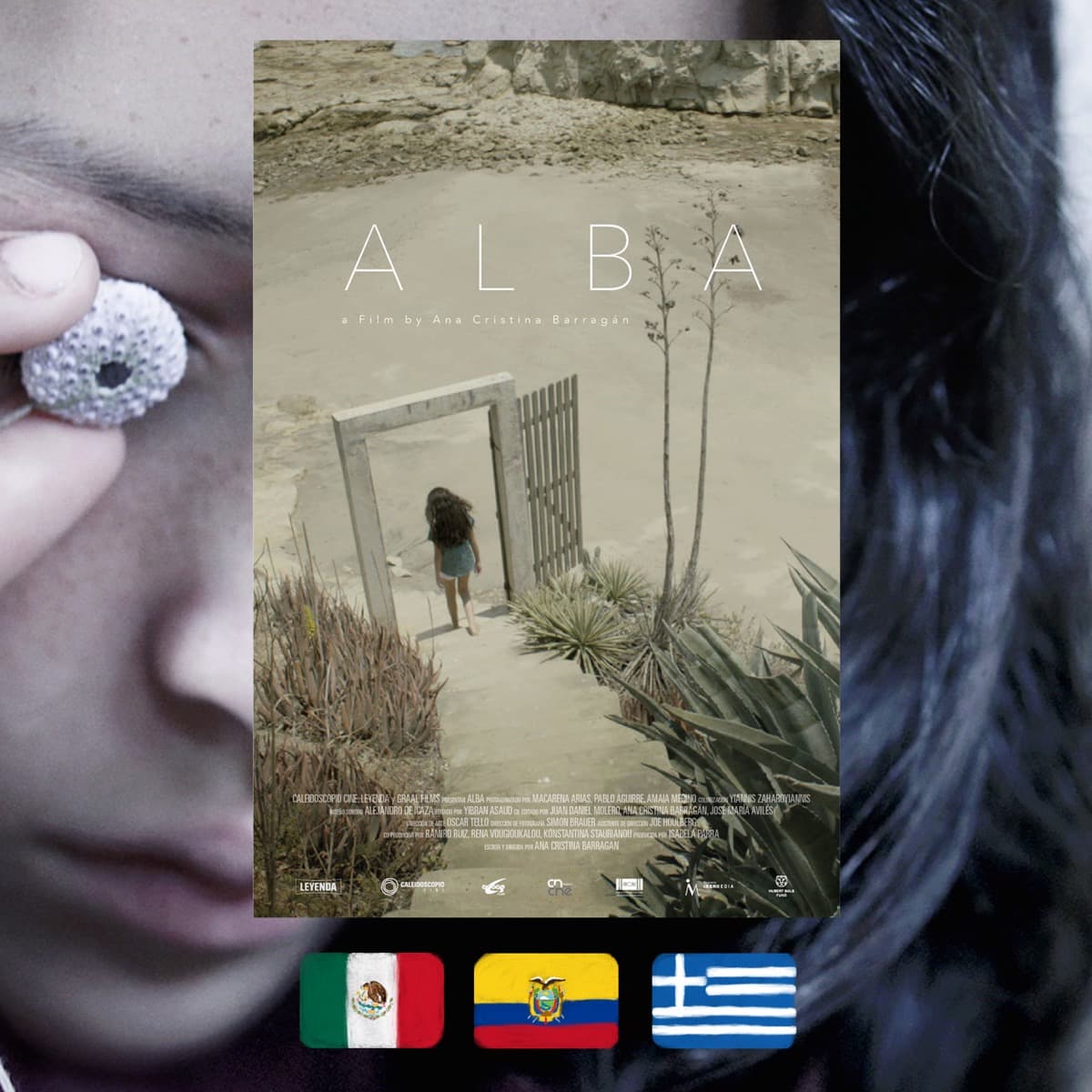Today is the Fourth of July: the day of American independence.
We have some qualms with independence when it doesn’t include equality for all of its members, even those who live remotely, are different or hard to notice.
So we keep protesting.
But we’re also keeping tabs on all the other countries where the same thing happens.
Today we decided to look at some satellites: entities on the periphery.
Communities and humans who belong, but not quite.
Who are asked to be included, but not on their terms.
Here is our map of searching for satellites. And yes, we know, it’s strange that the International Space Station isn’t on it.

In many settler colonial countries, indigenous people live in satellite lands, outside of the sphere of decision making, but suffering the brunt of the colonial rule whenever their existence crosses path with the interests of power. “One Day in the Life of Noah Piugattuk” details a part of Canadian history, where the Inuit population was forced to incorporate into mainland Canada and move to settlements. Set up like an elaborate play amidst the snows of Nunavut, it’s indigenous filmmaking at its finest, with fiercely funny and devastatingly sad truths searing like fire.
FROM NUNAVUT INUIT and CANADA
A historical encounter of an Inuit elder and a settler government official is dramatized with heart, humor, and brutal honesty in a film on the absorption of indigenous culture by the colonial state
Sometimes people are satellites of their own making, existing outside of the community and neither letting others in nor joining them, for fear that they can never be understood. “Alba” is a film from a young filmmaker from Ecuador that tells about an eleven-year-old girl who does not fit in anywhere: at school, at home, or even in her own awkward body. But when her mother falls ill, and she is sent to live with her bizarre father, Alba might discover that her peculiar path is not so lonely, after all.
FROM ECUADOR, GREECE and MEXICO
A Shy Girl, Her Shy Dad, and the Tempests That Rage Within— ‘Alba’, dir. Ana Cristina Barragán, 2016
A debut feature offers an incomparable exploration of the growing pains of femininity in a searing story about a pre-adolescent girl who is sent to live with her estranged—and very strange father

Sometimes communal and personal alienation come together, and individuals get isolated alongside communities, shooting like satellites upon satellites into the great unknown. “Black Cathedral”, an incendiary novel from a major contemporary Cuban author details the many marginalizations that occur in a gritty neighborhood in the city of Cienfuegos. It all starts when a strange Afro-Cuban family moves in and their patriarch, an evangelical pastor, sets to build an architectural marvel for his parish: an elaborate cathedral that becomes a harbinger of many ecstasies and agonies for all in the radius.
FROM CUBA
The English-language debut by a Cuban writer of staggering talent is a fantasy-spiked exploration of the paths that crime, creativity, Christianity, and craziness can offer
That’s how it goes.
Satellites are left out of the conversation until something happens.
Something dreadful, dire, or at the very least dramatic.
And then the plight of the satellite can no longer be ignored.
However, more often than not, “not ignoring” doesn’t equate to acknowledging.
Just like outer space, the distance between satellites can be a glacial vastness.
And that’s why it’s so important to find human commonality. Because only then will it become possible to bring together the signals of all different satellites, and light up the sky.
Hope you enjoy Supamodu and feel compelled to forward this email to your friends.
Please note that we also have an archive of our previous newsletters on our website. Check it out.
Thank you for being with us! 💛
— Katya Kazbek,
editor-in-chief















